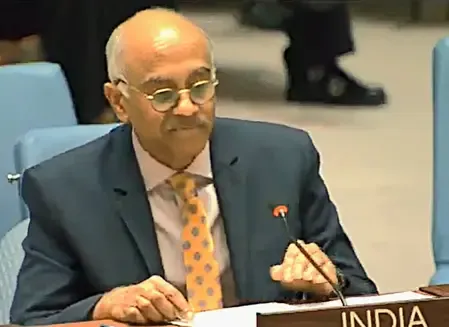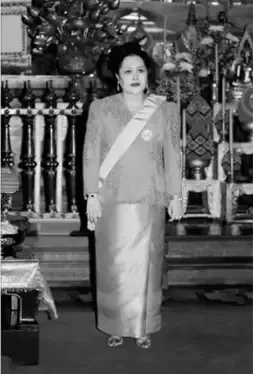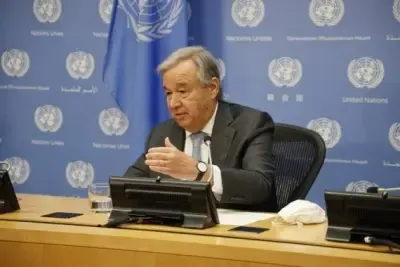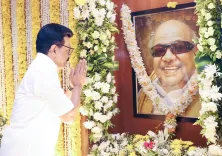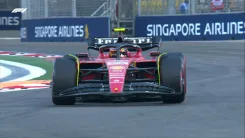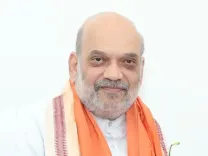How are Malaysian Political Parties Supporting India's Battle Against Pakistan-Backed Terrorism?
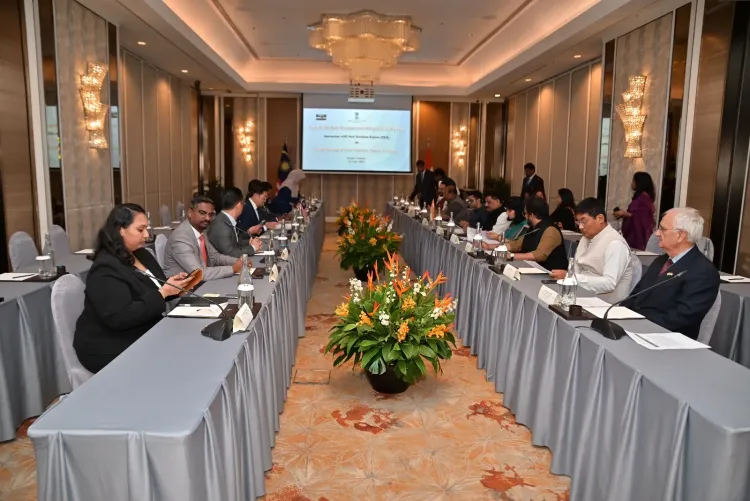
Synopsis
Key Takeaways
- India's zero tolerance policy towards terrorism was emphasized.
- Support from Malaysian parties signifies a united front against terrorism.
- Discussions included the strategic significance of Operation Sindoor.
- Malaysia's acknowledgment of its historical ties with India.
- Collaboration is essential in addressing cross-border terrorism.
Kuala Lumpur, June 2 (NationPress) An Indian all-party parliamentary delegation met with leaders from prominent political parties in Malaysia on Monday, securing their backing in the ongoing battle against Pakistan-sponsored cross-border terrorism.
The delegation, spearheaded by JD(U) MP Sanjay Kumar Jha, engaged in discussions with members of Malaysia's Democratic Action Party (DAP) and Parti Keadilan Rakyat (PKR), also referred to as the People's Justice Party in English, in Kuala Lumpur.
Notably, Malaysian Prime Minister Anwar Ibrahim is affiliated with the PKR.
The Indian legislators conveyed their nation's steadfast and uncompromising approach of zero tolerance towards terrorism in every form, emphasizing the strategic importance of Operation Sindoor.
During conversations with IANS, delegates revealed that Malaysian political parties expressed their support for India's counter-terrorism efforts.
"We engaged with both ruling parties... We shared our perspectives and presented our evidence. They acknowledged our stance, affirming that India has the right to defend itself. We also deliberated on the Indus Water Treaty and India's 'new normal' policy regarding terrorism, asserting that any terrorist acts against India will be viewed as acts of war," stated Jha.
"When PM Anwar Ibrahim met Prime Minister Narendra Modi in India, the camaraderie between the two leaders conveyed a positive message in Malaysia. Malaysia expressed solidarity with India in its fight against cross-border terrorism. Furthermore, Malaysia commended India's economic advancement, noting its position as the fourth-largest economy globally under PM Modi's leadership," he added.
"India intends to present the dossier to the Financial Action Task Force, which evaluates countries involved in terror financing for grey or black listing. We sought Malaysia's support on this front. Overall, our meeting was productive, and they attentively listened to India's perspective," Jha remarked.
Following visits to Japan, South Korea, Singapore, and Indonesia, the delegation, led by JD(U) MP Jha, concluded its international tour in Malaysia and included BJP MPs Aparajita Sarangi, Brij Lal, Hemang Joshi, and Pradan Baruah, as well as Trinamool Congress MP Abhishek Banerjee, CPI(M) Rajya Sabha member John Barittas, senior Congress leader Salman Khurshid, and former Indian Ambassador to France, Mohan Kumar.
"We engaged with two parties... One clear takeaway from this journey is that there is a strong consensus against terrorism. Both parties committed to presenting India's position to other governmental agencies in Malaysia. We are pleased that Malaysia is receptive to India's concerns. The feedback we received from all countries visited has been positive," remarked Congress leader Salman Khurshid.
Detailing the outcomes of their discussions, BJP MP Hemang Joshi stated, "Throughout the meetings, we addressed Pakistan's role in the Pahalgam incident and shared our evidence. We also discussed Operation Sindoor and presented our views backed by proof. We are gratified to learn that Malaysia has unequivocally stated that Islam does not condone any form of terrorism or violence and denounces such acts. They have also supported India's right to self-defense against these activities."
Malaysia's Deputy Minister in the PM's department (Law & Institutional Reforms), YB Tuan M. Kulasegaran V. Murugeson, also spoke to IANS, asserting, "India has the right to retaliate, and Operation Sindoor, initiated on May 7, was conducted with great restraint."
He further stated that both India and Pakistan are nuclear neighbors, and Malaysia is keen to prevent any potential nuclear conflict between them.
"The entire party delegation provided a comprehensive account of the events that transpired on April 22. We expressed our concern and condolences for the victims. Cross-border terrorism, in any part of the world, is unacceptable. Malaysia has issued a strong statement to that effect. We share this sentiment and believe that such incidents should never occur," he expressed.
On the longstanding relationship with India, the Minister noted, "The relationship between India and Malaysia spans over 100 years, with more than 2 million Indian nationals residing in Malaysia."
The all-party delegation's visit to Malaysia forms a crucial part of India's strategic outreach aimed at garnering global support against cross-border terrorism originating from Pakistan.

